The primary component for many businesses to enable their remote workforce is the phone system. There are major limitations with legacy premise-based phone systems in a remote environment. Premise-based phone systems cannot control call flow for extensions not physically plugged in to that PBX. Premise-based systems often require physical access for repairs and updates.
Cloud phone systems are designed for exactly this use case. The major hardware and software components are maintained and updated by the vendor. Because the ‘brains’ of the system are designed to work in the cloud, remote users are as much part of the phone system as traditional on-premise users.
These unified-communications-as-a-service (UCaaS) platforms have moved a long way from their simple voice-over-IP (VoIP) origins. They now easily include advanced phone system features like ring groups, presence, and cross-platform integration with CRM and line-of-business applications. As Unified Communications platforms, they now can also include SMS, video conferencing, chat/instant messaging, conference call hosting, and advanced analytics. Most have a mobile app that gives the full functionality of being in the office from your smartphone.
When deciding on a Unified Communications platform, businesses must define their own primary criteria. Modern businesses now see voice as one component of an integrated customer experience. They are choosing a UCaaS platform that integrates into the primary applications that run their business. Many UCaaS platforms integrate into CRM like SalesForce, Microsoft Dynamics, and Zendesk. Some plug into other line-of-business applications like Quickbooks or your Electronic Medical Records (EMR) platform. Some can function as an extension of your Microsoft Office 365, Google G Suite, or Slack applications.
Different UCaaS vendors have their specific strengths. Cutting-edge features like customer sentiment analysis can be done by leveraging scalable cloud computing. Regulatory compliance can be achieved with unlimited call recording and archiving. Some vendors provide excellent value by packing a lot of general features in their core service offerings. Some platforms are simple enough to manage through a web interface that expensive and time-consuming support expenses are unnecessary.
Overall, moving to a Unified Communications platform can unlock a lot of productivity gains. Downtime to component failure or maintenance is nearly eliminated. Users can communicate in multiple ways from anywhere. Real-time collaboration eliminates bottlenecks and confusion.
UCaaS platforms have the flexibility to adapt to our fast-changing world. Because these platforms are so potentially powerful, it is important to make the decision thoughtfully. Traditional telephony is only one component in a complex, integrated business tool. It can help tremendously to work with experienced experts to guide the process from conception to implementation.
Due to the COVID-19 virus, some vendors are offering enhancements and promotions. You could potentially move your entire phone system to the cloud in 48 hours and get the first month free!
Call today to speak with one of our telecom experts, or CLICK HERE to have us get in touch.
Find out why TrinWare can help with working remotely.


